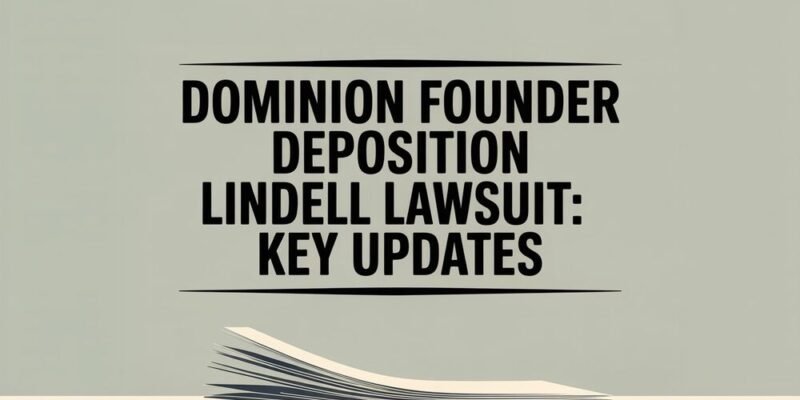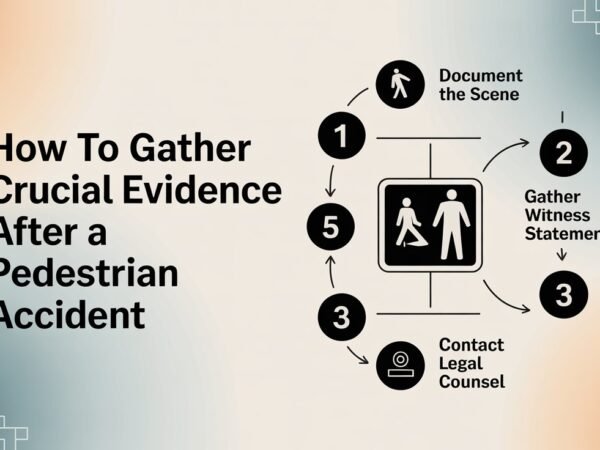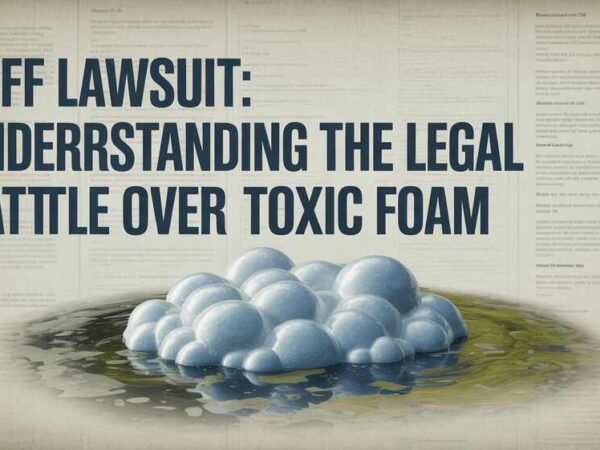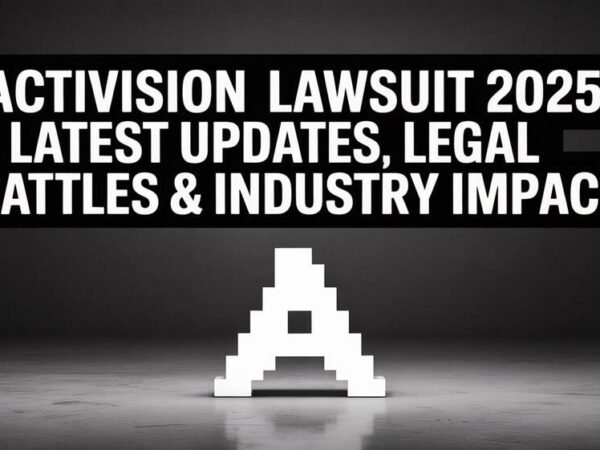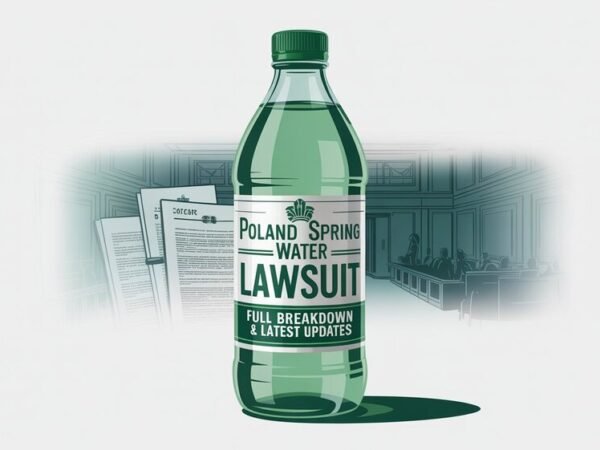Introduction
The ongoing legal conflict between Dominion Voting Systems and Mike Lindell, the CEO of MyPillow, continues to captivate national attention. At the center of this intensifying battle is the recent decision permitting the deposition of Dominion’s founder, a pivotal moment in a lawsuit that stems from a cascade of defamation claims following the 2020 U.S. presidential election. As misinformation surged across media platforms, Dominion became a primary target in the narrative pushed by Lindell and other public figures alleging widespread election fraud. The “dominion founder deposition lindell lawsuit” has since evolved into a landmark case with significant implications for corporate reputation, individual accountability, and the boundaries of protected speech in the digital era.
Background: Mike Lindell’s Election Fraud Claims
Following the 2020 presidential election, Mike Lindell emerged as one of the most vocal proponents of unsubstantiated election fraud claims. Lindell publicly alleged that Dominion Voting Systems played a central role in manipulating votes to favor Joe Biden, suggesting that the company’s software had been used to flip votes. These accusations extended to specific individuals, including Eric Coomer, a former Dominion executive, who Lindell claimed had direct ties to Antifa and made anti-Trump statements. Lindell’s claims were promoted across multiple platforms, including news interviews, podcasts, social media posts, and a self-funded documentary. His persistence in pushing these narratives drew sharp criticism. It led Dominion to file a defamation lawsuit, arguing that Lindell’s statements not only damaged their reputation but also incited threats and harassment against employees.
Dominion Voting Systems’ Legal Response
In response to the accusations, Dominion Voting Systems took swift legal action. They filed a $1.3 billion defamation lawsuit against Mike Lindell and MyPillow Inc., asserting that his statements were baseless and maliciously intended to promote his personal brand and product sales. Dominion’s legal strategy has been aggressive and comprehensive, targeting not only Lindell but also other public figures and media outlets that perpetuated similar claims. The company argued that Lindell’s remarks were not only false but made with actual malice, a critical legal standard in defamation cases involving public figures. As part of its broader legal offensive, Dominion has secured major wins in court, including the ability to proceed with its lawsuits and gain access to internal communications from Lindell and others. Their intent is clear: to hold individuals accountable for spreading election-related falsehoods that damaged public trust and endangered employees’ lives.
Deposition of Dominion Founder: What It Means
A significant development in the Dominion founder deposition lawsuit against Lindell came when the court ruled in favor of allowing the deposition of Dominion’s founder, John Poulos. This decision marked a significant shift in the lawsuit, as Lindell’s legal team had long sought to depose Poulos, claiming that his testimony would be crucial to their defense. According to court filings, Lindell’s attorneys argue that Poulos has unique knowledge about Dominion’s internal operations, decision-making during the 2020 election, and its public relations strategy post-election. The deposition could provide insight into how Dominion perceived and responded to the allegations, potentially revealing information that may aid Lindell’s defense or alter the trajectory of the case. However, legal experts caution that this move could also reinforce Dominion’s position, especially if Poulos’ testimony highlights the baseless nature of Lindell’s claims.
Mike Lindell’s Legal Position and Public Statements
Despite mounting legal challenges, Mike Lindell has remained defiant. In public statements, he continues to assert that the election was stolen and that the First Amendment protects his actions. He has dismissed the lawsuits as politically motivated attacks aimed at silencing dissent. Lindell’s legal team has argued that his claims were expressions of opinion rather than factual assertions, a defense commonly used in defamation cases. However, courts have shown increasing willingness to hold individuals accountable for spreading falsehoods under the guise of free speech. Lindell has also used the lawsuits as a platform to rally his supporters, often leveraging media appearances to fundraise and promote MyPillow products. This dual role of defendant and activist has further polarized public opinion, with some viewing him as a truth-teller and others as a dangerous purveyor of misinformation.
Legal and Financial Ramifications for Mike Lindell
The legal consequences for Lindell extend beyond the Dominion lawsuit. He is also facing litigation from Smartmatic, another voting technology company implicated in election conspiracy theories. In addition, a private arbitration panel recently ordered Lindell to pay $5 million to a software expert who successfully debunked Lindell’s “proof” of election fraud during a public challenge. Financially, these legal battles have taken a toll on both Lindell and MyPillow. Retailers have dropped MyPillow products, leading to significant revenue losses. Lindell has reportedly spent millions of dollars funding his legal defense and supporting election-related initiatives. These mounting pressures could threaten the viability of his business empire and further isolate him within the political and corporate spheres. The Dominion founder’s deposition in the Lindell lawsuit is thus not only a legal battle but also a financial crisis for Lindell.
Broader Implications for Election Integrity Lawsuits
The Dominion founder’s deposition in the Lindell lawsuit serves as a case study of the consequences of misinformation in the digital age. It underscores the legal system’s role in countering false narratives that can undermine democratic institutions. As courts weigh the balance between free speech and defamation, this lawsuit could set important precedents for future cases involving public discourse and corporate accountability. It also highlights the vulnerabilities of voting technology companies, which have become scapegoats in political controversies. The public’s trust in election systems has been deeply shaken, and restoring that trust will require a combination of legal clarity, media responsibility, and civic education. Dominion’s aggressive defense of its reputation could encourage other companies to take similar stands against defamation, potentially reshaping the media landscape.
What’s Next in the Dominion vs. Lindell Case?
Looking ahead, the Dominion founder deposition and Lindell lawsuit are expected to proceed with further depositions, evidence discovery, and pretrial motions. Both sides are likely to continue battling over the admissibility of specific documents and testimony, particularly those related to internal communications and third-party consultants. Legal analysts anticipate that Lindell’s team may attempt to shift blame, challenge the definition of defamation, or negotiate a settlement if the case becomes too costly to pursue. Dominion, on the other hand, is expected to pursue the case vigorously, aiming to establish a clear precedent against false election claims. The outcome of this case could influence not only Lindell’s future but also how courts handle similar cases involving media misinformation and corporate defamation in the future.
Conclusion
The Dominion founder’s deposition in the Lindell lawsuit represents a turning point in the post-2020 election legal saga. It brings into focus the dangers of misinformation, the responsibilities of public figures, and the resilience of legal institutions in the face of widespread falsehoods. As Dominion seeks justice and accountability, and Lindell fights to defend his version of events, the nation watches closely. This case is more than a legal battle; it is a referendum on truth, accountability, and the strength of democracy. The upcoming deposition of Dominion’s founder is the moment that defines the outcome of this high-stakes legal confrontation. Whether it reinforces Dominion’s claims or provides an opening for Lindell’s defense, one thing is sure: the eyes of the public and the precedent-setting power of the courts are fully engaged.
Do Read: How to Build a Strong Defense Against Homicide Allegations


